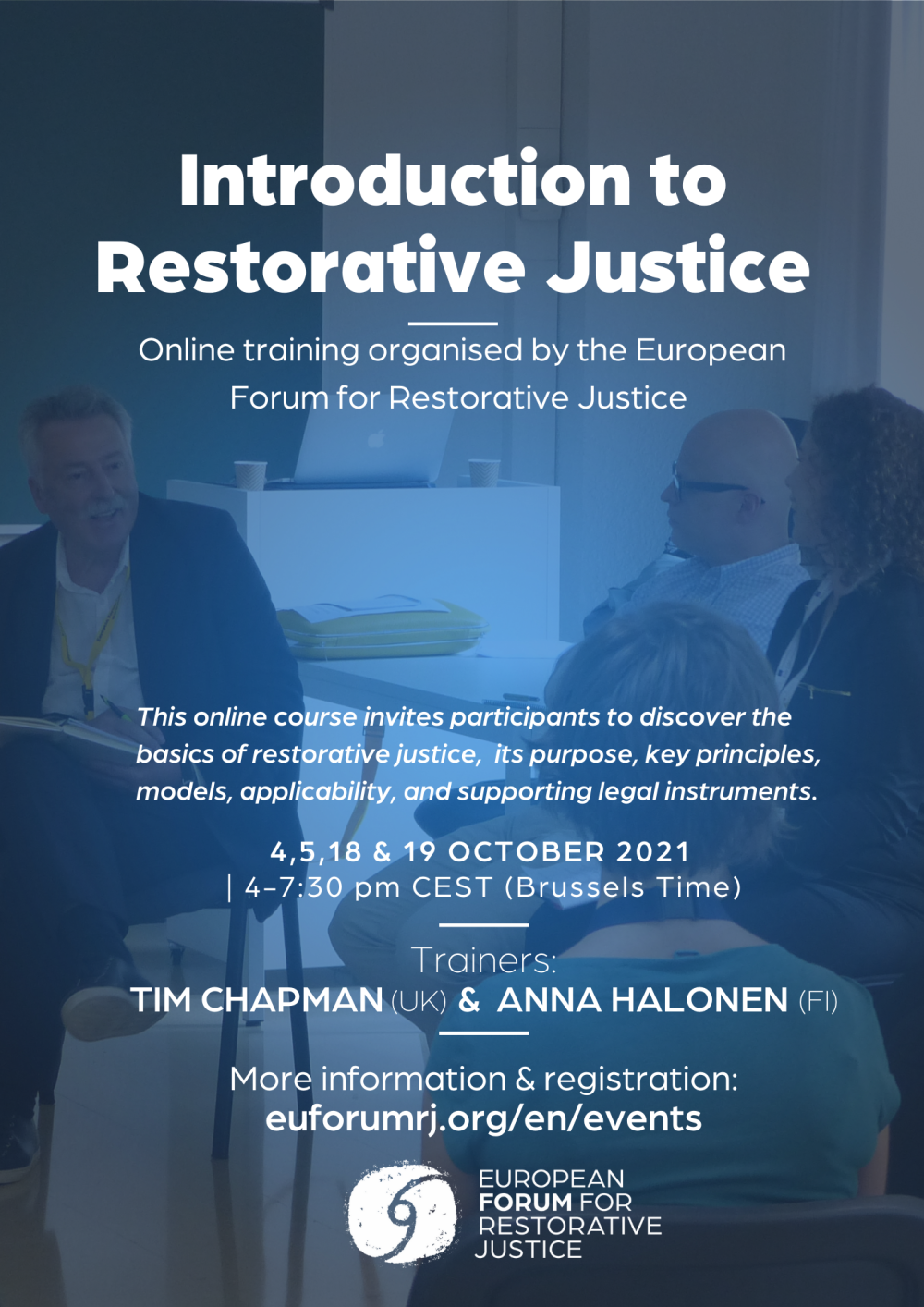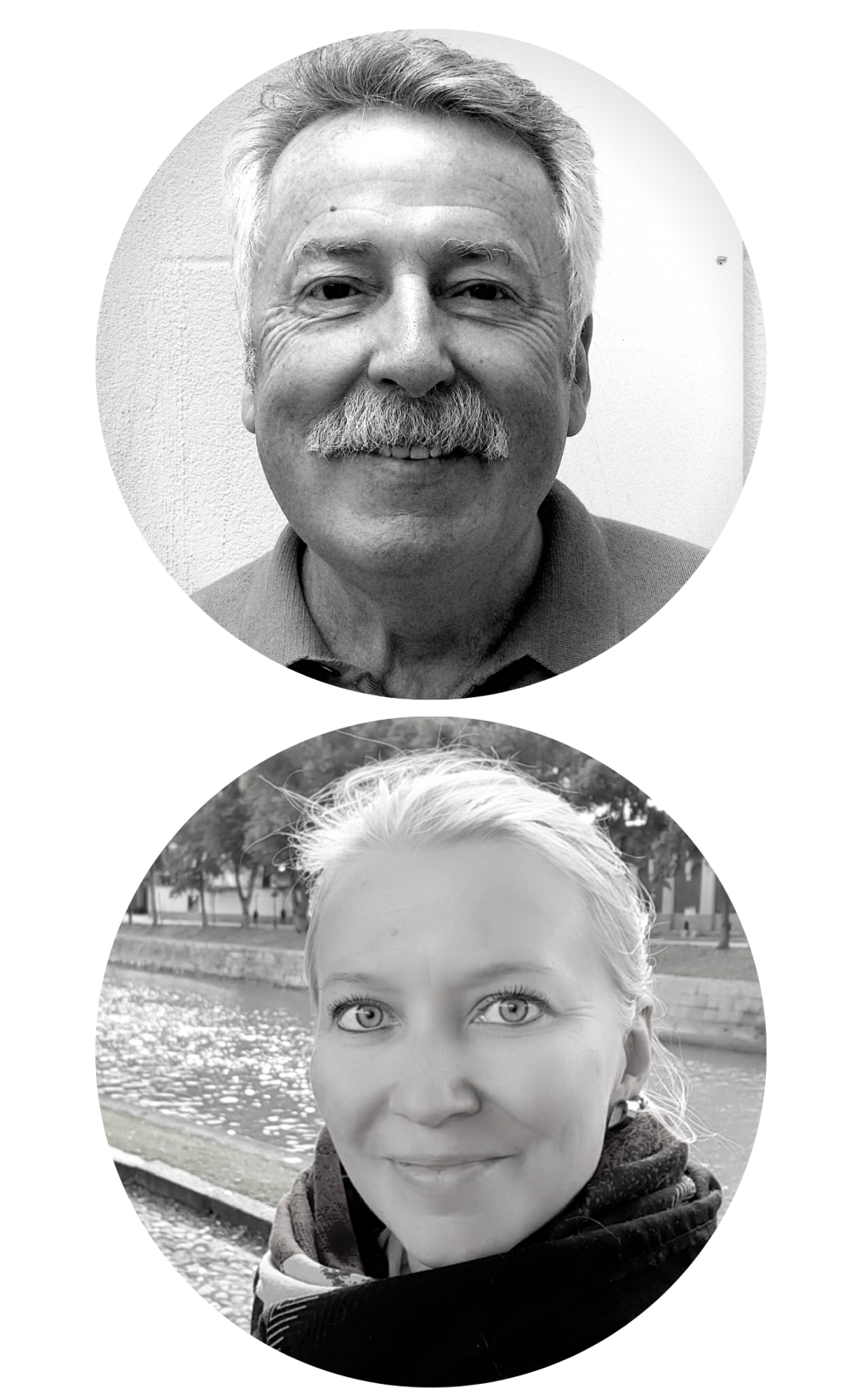Programme
Each session will last three hours, including a 15 minute refreshment break.
Session 1. To understand and to articulate what restorative justice is.
- A brief history of the development of restorative justice identifying the complexity of the interaction of different sources of ideas.
- International policies and definitions.
- Modern tensions: system and lifeworld, immunity and community.
- Question for reflection: what is the meaning and purpose of restorative justice?
Session 2. To understand the values of restorative justice and its research base.
- The values of restorative justice: why do they matter? how do they help us to understand harm and what needs to be restored?
- What does research tell us about the benefits of restorative justice and its failings?
- The metaphor of scaffolding.
- Question for reflection: what does it mean to be value-led and evidence-based?
Session 3. To understand how restorative processes and practices enable people to address injustice and harm and the suffering they cause.
- The concepts of undoing injustice and of repairing harm.
- Principles of practice in restorative processes.
- The importance of quality and standards of practice.
- The concept of the exemplar; experience rather than effectiveness.
- Question for reflection: what, do you believe, creates a high quality experience of restorative justice for the participants?
Session 4. To understand the role of the practitioner.
- Types of restorative processes: the importance of context and participants.
- Support and accountability.
- Respect and humility.
- Curiosity, compassion and courage.
- Scaffolding and co-design.
- Question: who are you, when you are practicing restoratively?
An optional follow-up zoom meeting will be offered one month later to enable participants to reflect upon their learning and make short presentations if they wish. The trainer will offer voluntary mentoring if required.




